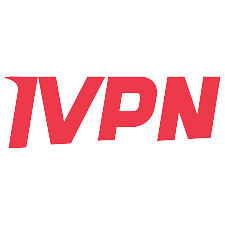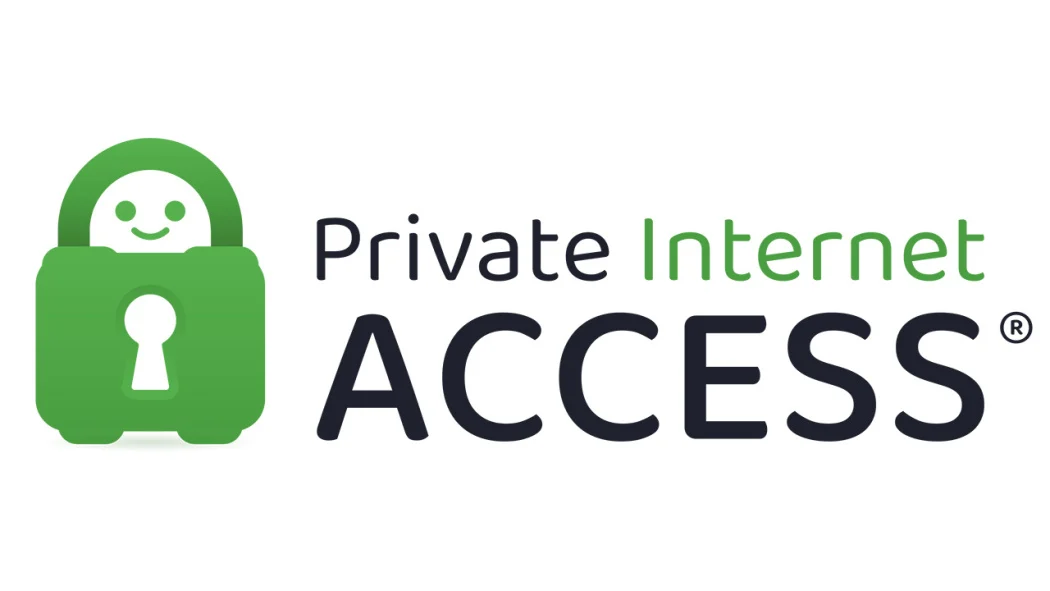Avira VPN has limited privacy-enhancing features unlike the other top-notch VPNs in the market. However, it provides enough features to keep your data safe. The VPN uses secure protocols like OpenVPN (TCP/UDP) and IKEv2/IPSec.
Avira doesn’t offer OpenVPN protocol on Apple devices. Instead, IKEv2 encryption is used, which is less safe. Moreover, WireGuard, a state-of-art protocol, is another key feature missing from the VPN.
The VPN uses a kill-switch feature that protects your IP address in case of a sudden VPN connection drop. However, the kill switch is unavailable on the VPN’s free version. Avira VPN also protects your data via unhackable AES-256 encryption cipher and doesn’t leak any kind of DNS, IP, or WebTRC information.









